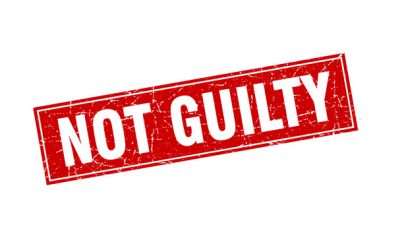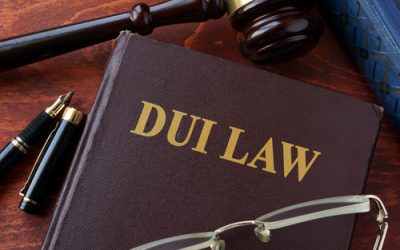Facing drug possession charges can feel overwhelming, especially when your future, reputation, and freedom are at risk. If you’ve been accused under California Health and Safety Code 11350(a) for possession of a controlled substance, know that you don’t have to navigate this alone.
Convictions under this law can carry serious penalties—including jail time, steep minimum fines, a tarnished record, and even the loss of your driver’s license. But with the right legal support, you can take meaningful steps toward protecting your rights and rebuilding your future.
Learn more about California Health and Safety Codes with Los Angeles DUI Attorney. We’re here to connect you with a Los Angeles DUI lawyer who will listen to your story, advocate for you, and fight for the best possible outcome.
What is CA Health and Safety Code 11350(a)?
CA Health and Safety Code 11350(a) Possession of a Controlled Substance in California makes it a criminal offense to possess a controlled substance without a valid prescription. This law covers a wide range of narcotics and other drugs that are regulated due to their potential for abuse or addiction.
Controlled substances can include both illegal street drugs and prescription medications when obtained or used unlawfully. Common examples are:
- Oxycodone
- Cocaine
- Heroin
- LSD
- Xanax
- Valium
- Peyote
- Codeine
- Ketamine
- Hydrocodone
You can be charged under this law whether the drug was found directly on your person (actual possession), in your belongings, or in a place you had control over (constructive possession), such as a vehicle, backpack, closet, or storage unit.
Even if the drugs weren’t physically on you at the time of arrest, prosecutors can still file charges if they believe you have the ability and intent to exercise control over them. Call Los Angeles DUI Attorney to get the legal assistance you deserve.
Understanding Illegal Possession: Actual vs. Constructive
In California, drug charges under Health and Safety Code 11350(a) can stem from either actual possession—where the illicit drugs are found directly on your person—or constructive possession, where drugs are found in a place you control, such as your car or home.
Both forms of possession of drugs can lead to criminal charges, and the prosecution must prove beyond a reasonable doubt that you knowingly possessed a narcotic drug.
Even simple possession of a controlled substance, whether found in your pocket or nearby, can carry severe consequences, including a jail sentence, especially if there are prior convictions.
Not All Arrests Lead to Convictions
However, not all arrests lead to convictions. Cases involving an illegal search or violation of constitutional rights may be challenged and potentially dismissed.
For first-time offenders, courts may consider alternatives to incarceration, particularly when drug addiction is a factor.
Still, a drug charge can have long-term impacts on employment and housing, so it’s essential to consult an attorney if you’re facing accusations related to the possession of illicit drugs in California.
What Prosecutors Must Prove
To convict someone under HS 11350(a), the prosecution must prove three elements:
- You had possession of a controlled substance (either physically or control over a location where it was found).
- You knew you were in possession of drugs.
- There was a usable amount of the substance—not just trace residue.
Even substances that mimic the effects of controlled drugs (called “analogs”) can result in charges under this law.
Related Drug Offenses
Other California laws often charged alongside or in connection with HS 11350(a) include:
- Being under the influence of a controlled substance (HS 11550)
- Possession for sale of an illegal drug (HS 11351)
- Transportation or sale of controlled substances (HS 11352)
What Are the Penalties?
Possession under HS 11350(a) is usually charged as a misdemeanor but can be treated as a felony in certain situations.
- Misdemeanor conviction: Up to 1 year in county jail and a fine of up to $1,000
- Felony conviction: Up to 3 years in jail and fines as high as $10,000
How a Drug Crime Attorney Can Help
If this is your first offense or if the drug crime charges are non-violent, you may qualify for alternatives to jail—like a pretrial diversion or drug treatment program. A skilled defense attorney may also be able to:
- Negotiate a plea deal
- Petition for entry into a diversion program
- Raise strong defenses, such as lack of actual or constructive possession, having a valid prescription, or if evidence was obtained through unlawful search and seizure
Take the First Step Toward Moving Forward By Getting Connected With an Attorney
Being charged with drug possession is serious, but it doesn’t have to define your future. The steps you take now can protect your rights, restore your reputation, and help you return to normal life.
At Los Angeles DUI Attorney, we are committed to helping you find the legal support you need. Our network of experienced criminal defense attorneys will guide you through every step of the process with compassion and professionalism.
Now you know about CA Health and Safety Code 11350(a) Possession of a Controlled Substance in California. Contact us today for a confidential consultation, and visit our FAQ page to learn more.






